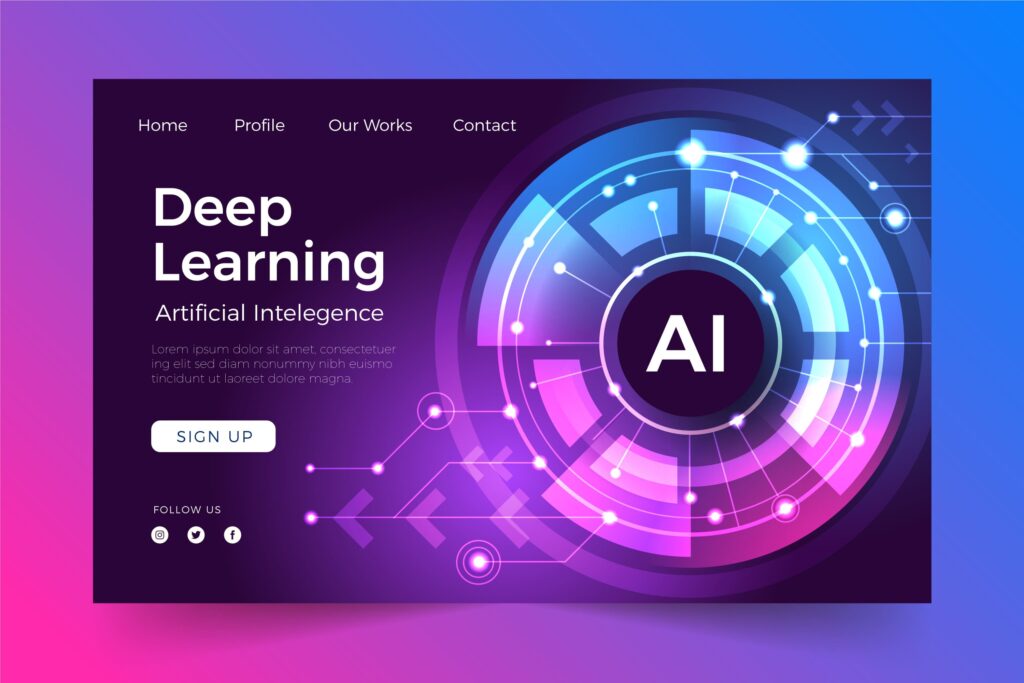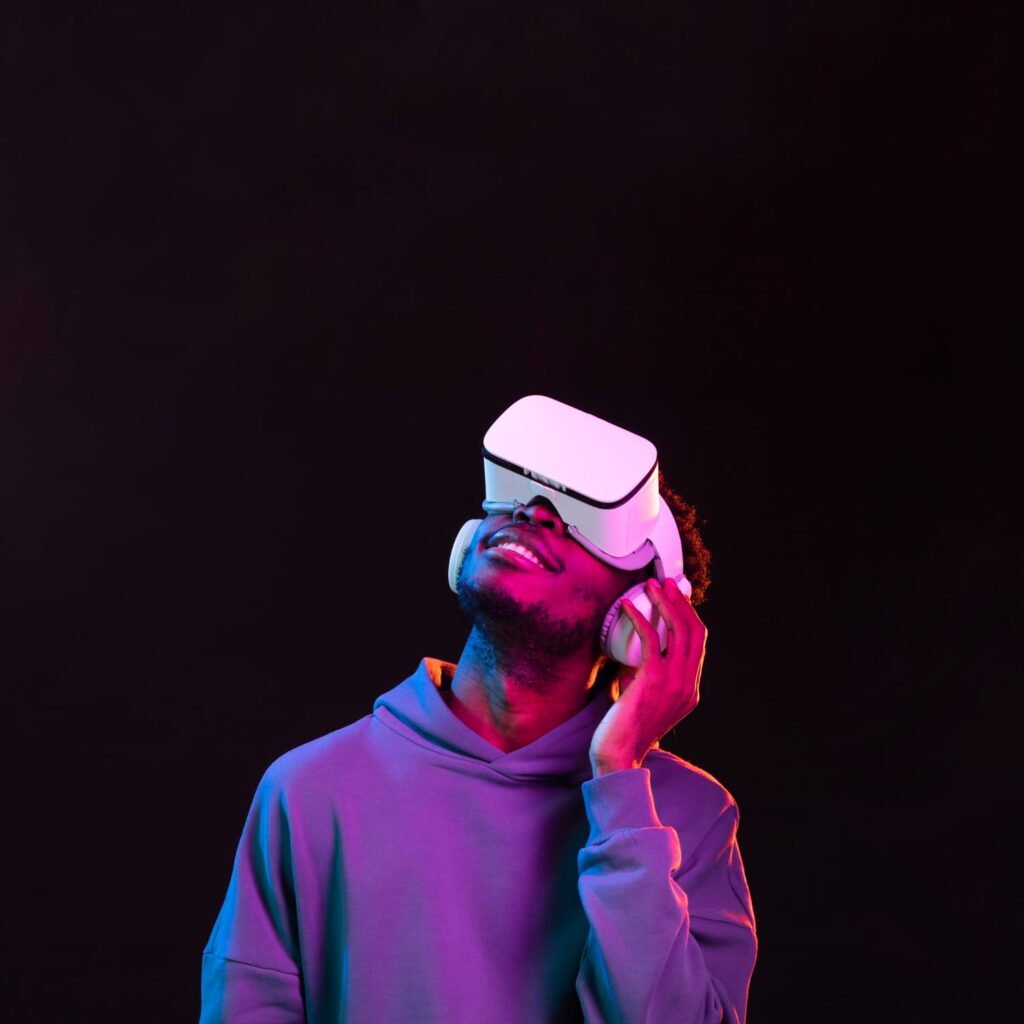
The Future of eLearning: 5 Trends That Will Define Digital Education
Future of elearning is evolving with AI, interactive courses, and personalized learning experiences. Online education is becoming more engaging, flexible, and accessible. Discover key trends shaping the next generation of digital learning.
The world of education is evolving faster than ever and the future of eLearning is leading the way. 🚀 What was once considered a backup option is now the main stage for learners of all ages. As we step into the future, it’s clear that digital education isn’t just growing it’s transforming.
Here are 5 key trends that are set to shape the future of eLearning:
1. AI-Powered Future of elearning: Personalised Like Never Before
Artificial Intelligence (AI) is already making waves, but in the coming years, it will become even more central.
Imagine a platform that knows your learning style, adapts the content in real-time, and recommends exactly what you need next.
From automated tutoring to smart content creation, AI is turning “one-size-fits-all” education into “custom-fit” experiences.
Why it matters: Learners stay more engaged and progress faster when education feels tailor-made.

2. In Future of elearning Microlearning Will Take Centre Stage
In a world full of distractions, attention spans are shrinking. That’s why microlearning bite-sized lessons that are quick and easy to digest is gaining massive popularity.
Whether it’s a 5-minute video or a quick interactive quiz, learners prefer short bursts of focused content that they can fit into their busy lives.
Pro tip: If you’re building an online course, think quality over quantity. Small lessons, big impact.
3. Virtual Reality (VR) and Augmented Reality (AR) Will Make Learning Immersive
Forget boring slideshows future eLearning will be experiential.
Imagine walking through ancient Rome in a history lesson or practicing surgery in a virtual operating room.
VR and AR are making education not just informative, but memorable.
Exciting thought: Learners remember 90% of what they do, compared to just 10% of what they read.

4. Community-Driven Learning Will Grow
People don’t just want information they want connection.
Online learning platforms that integrate social features like forums, mastermind groups, or peer feedback sessions will dominate.
Tip for course creators: Foster a sense of belonging. Let students share their journey and learn from each other.
5. Lifelong Learning Will Become a Necessity, Not a Choice
Gone are the days when a single degree set you up for life. In 2025 and beyond, continuous upskilling and reskilling will be essential.
From tech skills to emotional intelligence, digital platforms that offer ongoing education — in a flexible, affordable way will thrive.
✅ Reality check: Learning is no longer a phase of life. It is life.

Final Thoughts About Future of elearning🌟
The future of eLearning is incredibly bright and it’s not about replacing traditional education, but about enhancing it in ways we could never imagine before.
If you’re an educator, content creator, or learner, now is the time to embrace these trends and ride the wave of innovation.
Get ready the digital education revolution has only just begun!
👉 Contact us to build an eLearning experience your students will love.
FAQ About the Future of elearning
Q1: What is the future of eLearning?
The future of eLearning involves AI-driven learning, interactive courses, personalized content, and virtual classrooms that make online education more engaging and effective.
Q2: How will AI impact eLearning?
AI in eLearning enables adaptive learning, automated grading, personalized recommendations, and smarter content delivery, improving learner outcomes.
Q3: What trends are shaping online education?
Key trends include microlearning, gamification, mobile learning, virtual reality, and data-driven learning analytics.
Q4: Why is eLearning important for the future?
eLearning provides flexible, scalable, and cost-effective education, helping learners worldwide access high-quality training anytime, anywhere.
Q5: How can educators prepare for the future of eLearning?
Educators should adopt digital tools, leverage interactive content, implement AI-driven platforms, and continuously update learning materials to enhance engagement.



